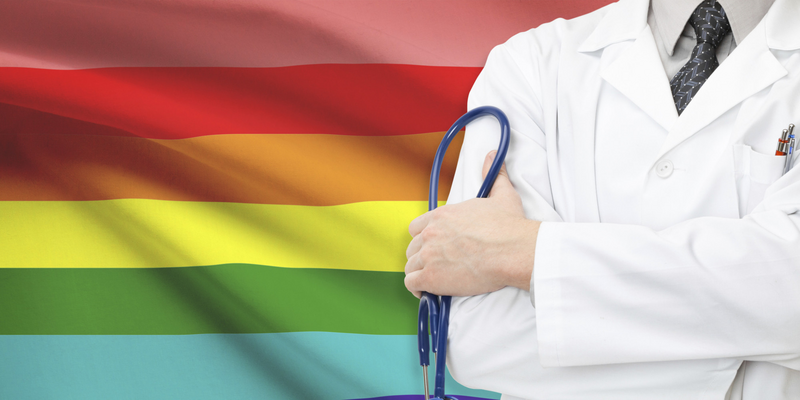ATD Blog
Why It’s Important for Healthcare Professionals to Learn About LGBT
Fri May 08 2015

According to Malcolm Baldrige National Quality Award (Healthcare) criteria, healthcare organizations should represent their community in the workforce and leadership. This might include awareness of socially responsible behavior, community service, cultural preferences, and multilingual services.
The strategic goals of your organization should target and support the communities in which you operate. The main challenge is to ensure that your healthcare organization ensures everyone in the organization behaves legally and ethically, as well as fulfill its societal responsibilities, support its key communities, and build community health.
This is just our first challenge. In the whitepaper “The Challenge of Serving and Working with Diverse Populations in American Hospitals,” Dr. Geri-Ann Galanti, emphasizes the importance of a multicultural and diverse workforce in healthcare. She writes that “hospitals can be a source of stress and frustration for patients and their families, since they are most vulnerable when they are there and are placed at the mercy of values and beliefs not their own.”
Based on this basic principle, healthcare organizations should welcome all minorities not only as clients and patients, but also among their workers. Changing workforce demographics are already starting to play a part.
Employment experts predict that minorities and women will continue to comprise the highest percentage of new entrants into the labor force. On top of that, we are right on the edge of a huge generational shift. Indeed, as Baby Boomers begin to retire, the demographic composition of the future healthcare’s workforce may start to alter dramatically. But in addition to the more obvious areas of inclusion—race, religion, ethnicity, age, gender—healthcare organizations will need to address inclusion as it relates to the Lesbian-Gay-Bisexual-Transgender (LGBT) community.
Combined, these demographic shifts provide a compelling argument for developing cultural competency in healthcare. Clearly, your organization must meet all local, state, and federal laws, as well as regulatory and accreditation requirements. More importantly, using your role in talent development, you can help the organization address such requirements as opportunities to excel “beyond mere compliance” while developing workforce capability. Talent management leaders should be sure to present the following questions at strategic meetings:
How do we recruit, hire, place, and retain new members of your workforce?
How do we ensure our workforce represents the diverse ideas, cultures, and thinking of our hiring and patient and stakeholder community?
How do we ensure our workforce know how to respectfully address patients (or patient’s family members) that are members of different communities, such as LGBT?
Most organizations already have policies in place to address working with diverse populations, but LGBT may be a new area of concern. Here are some initiatives you can develop that will support talent management and community outreach within the LGBT population:
promote a joint-commission standard on visitation
develop a directive on care and services to transgender
include LGBT in your cultural diversity education initiatives
implement diversity training on sexual orientation
participate in your local LGBT community (June is LGBT pride month in most of states)
implement educational strategy on how best to care for LGBT patients
ensure sexual orientation and gender identity are specifically mentioned in the company’s non-discrimination policy
consider an affinity group for LGBT employees and their heterosexual supporters.
Bottom line: Successful healthcare systems understand that it is crucial to recruit and retain a diverse workforce that better reflects and meets the healthcare needs of the diverse communities that they are increasingly called upon to serve. With increasingly diverse workplaces, it’s essential for your team to receive appropriate training. This includes sexual and lifestyle diversity. To succeed in healthcare today, your teams need training in LGBT workplace issues—awareness, communication, respect, and more.
